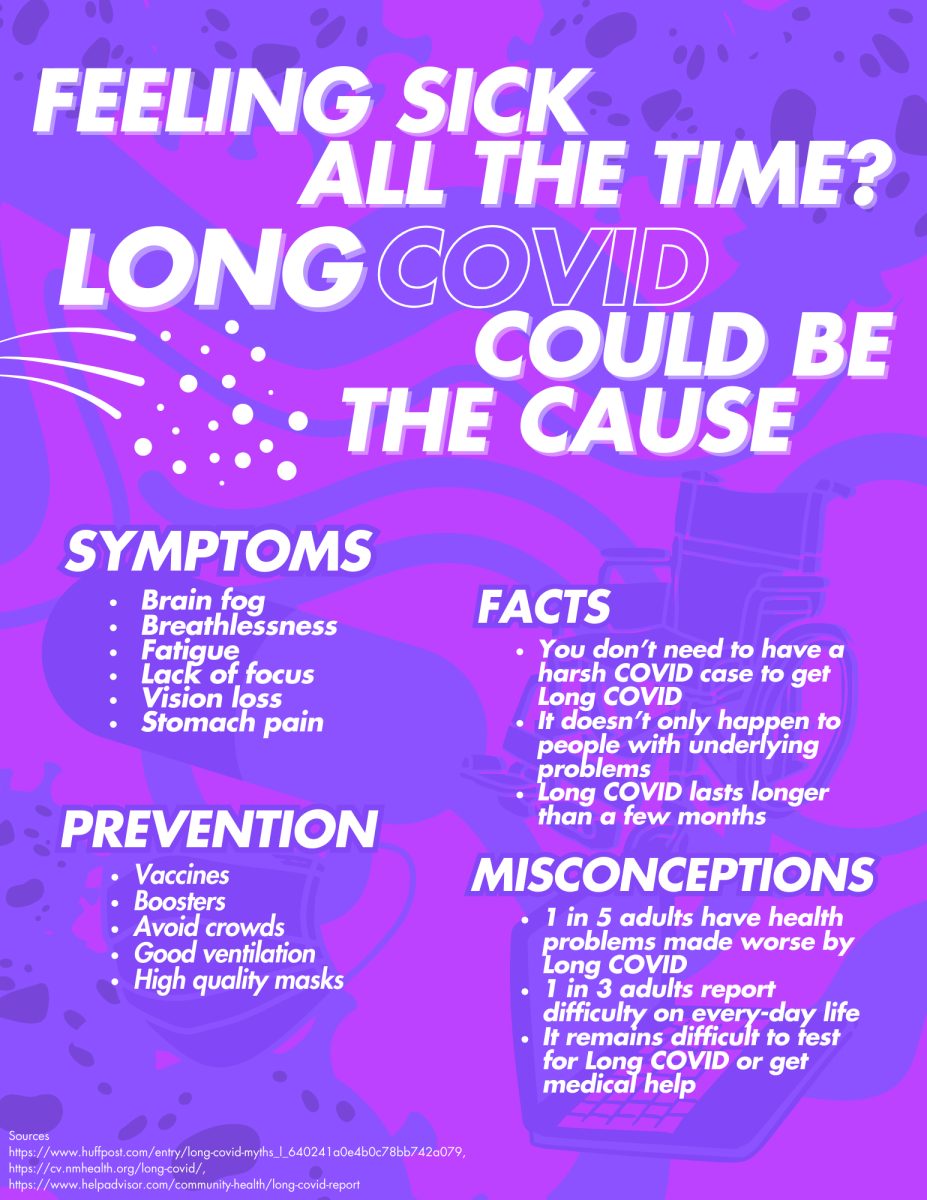The rise of social media has helped spread the image and personas of celebrities across the globe, increasing their popularity and influence over their fans. With this closer connection the bond between the fan and their “idol” is deepens, which causes harm in the form of unhealthy dependency, stalking, obsession, and cult-like behavior if it reaches an extreme level.
People have always dreamed of platonic or romantic relationships with fictional characters, famous musicians, artists, and people of a high profile; this one-sided connection is often referred to as a parasocial relationship. These reverent feelings often stem from a place of loneliness and low self-esteem, leading the person to look towards a celebrity or fictional character to fulfill the emptiness of their social and interpersonal life.
According to Matt Johnson from Psychology Today, the feelings in a parasocial relationship are all in the persons mind, even if it feels real to them. The celebrity or object of affection might not even know the person exists at all.
The most common realm of parasocial relationships is in the fanbases of popular musicians like Taylor Swift, BTS, and Harry Styles. This relationship is generated through the music and messages the artist puts out, which is up to the interpretation of the fans who are able to create their own perception and narrative of the artists.
A large portion of Swift’s music involves her dating life and romantic experiences, which may relate to her fans, causing them to have an understanding and even a sense of companionship with her. Swifts’ personal life and romantic relationships are constantly scrutinized by her fans, who think she deserves better, try to find fault within her partner so they can break up, and even speak in her place about many issues on social media, despite not knowing her true beliefs, thoughts, and feelings.
A famous example of a parasocial relationship gone too far, is seen between Mark Chapman and John Lennon. Chapman was a huge fan of Lennon and his music. This infatuation led to stalking Lennon around New York City. Eventually, he became jealous of Lennon’s status and position, so he murdered him for the attention, resulting in the death of the world-famous musician.
Social media helps fuel these toxic relationships due to the sense of safety a fan gets from a lack of fear of rejection. According to Cynthia Vinney from Very Well Mind, social media gives fans the potential to interact with their celebrity/person even if it’s not in person, which deepens the relationship and feelings of the fan.
Although, social media is not the only factor that contributes to these relationships. For sports fans, watching their team play on cable or streaming services help boost this interaction and connection. Some fans are so emotionally attached to a certain player or team that if something negative happens to them it also affects the fan and their mood or behavior. One example of this behavior is the infamous fanbase of the English National Soccer team, known as the Hooligans. After England lost to Italy in the European Cup tournament in 2021, the British fans trashed Wembley stadium, overpowered security, those without tickets stormed the stadium and field areas, and started various fights and riots all over the city. The English National team totaled fines over 85,000 pounds and earned a one-game stadium ban due to the actions of their obsessive fanbase.
Extreme feelings of devotion and respect towards a stranger, who is idealized and worshiped, creates toxic cult like behavior amongst the followers and fans. This behavior is shown with some politicians who hold a large sway and influence over the people and are able to make them commit crimes and act out in exchange for their favor. Trump is a widely loved politician, who according to some, was able to entice devoted followers to gather in the Capitol on Jan. 6th. The danger of this cult following and heavily one sided, reverent relationship is that the followers don’t truly know who they look up to and can be easily manipulated as a result. A power imbalance this large causes many issues, especially in the government, if one person is able to control a large group in order to fulfill their own agenda.
Parasocial relationships don’t have to be detrimental to a person’s mental health as long as it is maintained properly, and healthy boundaries that control the intensity of the affection are set. Spending more time with people in real life and strengthening those connections can lessen the need and attachment of the relationship. Limiting the time spent on social media is another way to limit interaction with the celebrity or person of interest and can contribute to a positive mindset and outlook.








